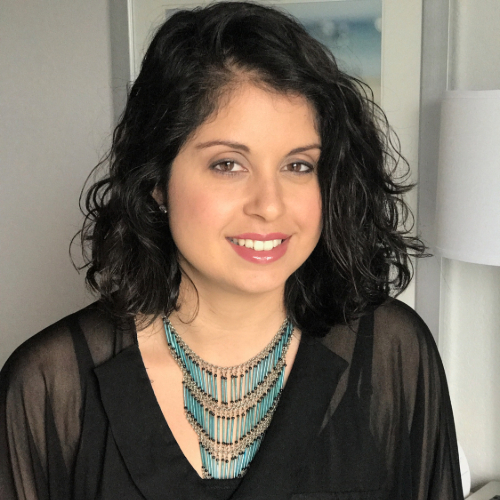What is ADHD?
ADHD, or Attention Deficit Hyperactivity Disorder, is a well-known mental health problem. As a neurodevelopmental disorder, it begins to surface during childhood and can persist into your adult years. It is known for causing struggles with focus, high activity levels or hyperactivity, and impulsive behavior. This condition can affect daily activities, school performance, work productivity and social interactions in people’s lives.
American Psychiatric Association defines ADHD as a behavioral condition that makes focusing on everyday requests and routines challenging.
ADHD is not just about being restless or inattentive. It’s a more complex mental health disorder that can result in low self-esteem, troubled relationships, and difficulty at school or work. But guess what – you don’t have to go through this alone. We’re here to help.
Causes of ADHD
The specific causes of ADHD remain unidentified by scientists. More evidence indicates strong genetic influence plays a significant role in the disorder, with researchers linking specific genes to it. Yet, no specific gene or group of genes has been definitively linked to the onset of ADHD.
Notably, family members of those with ADHD often share the condition. Studies indicate that there are structural differences in the brains of children with ADHD compared to their peers.

Three types of ADHD
Inattentive Type
Individuals with this type of ADHD mainly struggle with inattention and distractibility. They may have difficulty focusing on one task, following instructions, organizing tasks, and conversation. They often overlook details, make careless mistakes, forget about daily tasks, and are easily sidetracked by irrelevant thoughts or stimuli. All this can lead to apparent carelessness and forgetfulness in academic, work, or social settings.
Hyperactive-Impulsive Type
Those with this type of ADHD mostly display signs of hyperactivity and impulsivity. They may often fidget, talk excessively, and have trouble sitting still. They who are often impatient tend to cut others off mid-conversation, find it hard to wait their turn, and might even take risks without thinking about what could happen. Despite being energetic, people with this type often struggle academically and socially because they can’t sit still or wait their turn.
Combined Type
This is essentially a mix of the first two types. Individuals with combined presentation ADHD display significant symptoms of both inattention and hyperactive-impulsivity. They may have trouble with focus, forgetfulness, restlessness, aimlessly jumping from one uncompleted task to another, and impatience. In a combined type, six or more symptoms from both the inattentive and hyperactive-impulsive clusters have persisted for at least six months.
Symptoms
Recognizing the symptoms of Attention Deficit Hyperactivity Disorder (ADHD) is crucial for early diagnosis and treatment. This common mental health disorder often begins in childhood and can extend into adulthood.
It’s characterized by a range of symptoms that interfere with a person’s ability to function in various aspects of life – school, work, or relationships. However, the symptoms might differ between children and adults
In children, ADHD can manifest in different ways. Frequent signs include
- Difficulty following instructions
- Trouble paying attention
- Constant fidgeting
- Forgetfulness
- Distracted
- Impulsive behavior
For adults, ADHD symptoms can be more subtle. The signs and symptoms for people with ADHD include:
- struggle with time management,
- have trouble organizing tasks
- find motivating themselves a challenge, and
- difficulty regulating their mood
ADHD Evaluation in Red Bank, Freehold, New Jersey
Diagnosis
Diagnosing ADHD is a comprehensive process that aims to understand an individual’s unique behavioral patterns. When symptoms such as easy distractibility, impulsivity, or heightened hyperactivity arise, professionals might suspect ADHD.
Medication Management
One of the primary treatments for ADHD is medication, specifically stimulant and non-stimulant medications. Stimulant medications, like Ritalin or Adderall, are commonly prescribed and work by increasing the levels of certain neurotransmitters in the brain.
Therapy
Behavioral therapy plays a vital role in treating ADHD, especially in children and teens. This approach involves working with a therapist to develop coping strategies and skills to handle challenging situations and decrease disruptive behaviors.






